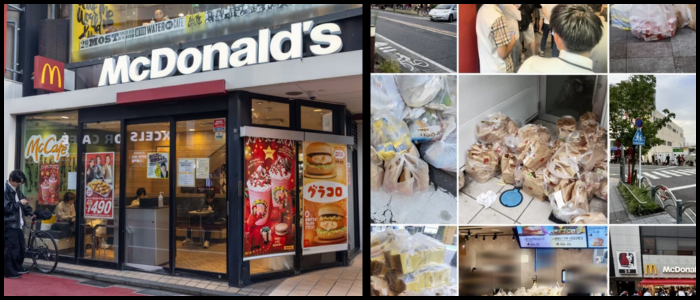Pantry unopened and roads filthy with trash
Images surfaced online showing heaps of unsold Happy Meals, still in their packaging on the pavement, and food carelessly left on pick-up tables — sparking outrage over wastage. A statement issued by McDonald's Japan said that the unprecedented level of demand had led to early stock-outs and stressed its "we do not support reselling or discarding food" line. The fast food giant also promised to cooperate with online platforms to help avoid hyper-inflated prices for the cards on resale.
Company Response and Cultural Impact
McDonald's Japan confirmed it had not done enough in response to the matter, insisting that it offered a safe dining environment for families. It did because even the Japanese have noticed (and indeed Japan, of all countries renowned for its cleanliness, actually saw untidy scenes that amazed people). First launched in Japan in 1996, Pokémon continues to be a global cultural icon with trading cards that can resell for hundreds of dollars on the collectables market, perpetuating speculation during these occasional freebies.
World

Pokémon Card Craze Causes McDonald's Food Waste

The day before that, the promotion of a unique set of Pokémon with Happy Meal boxes by McDonald's in Japan had even worse consequences — people bought so many meals sometimes just to have the toys, which they threw away some as they were forty dollars each. The promotion, which ran between August 9 and 11, sold out on the first day in a matter of hours after customers scooped up meals only to nab the trading cards, with some resurfacing online for up to $28 apiece. A typical Happy Meal is around $3.50 with food, drink, and a toy included.















